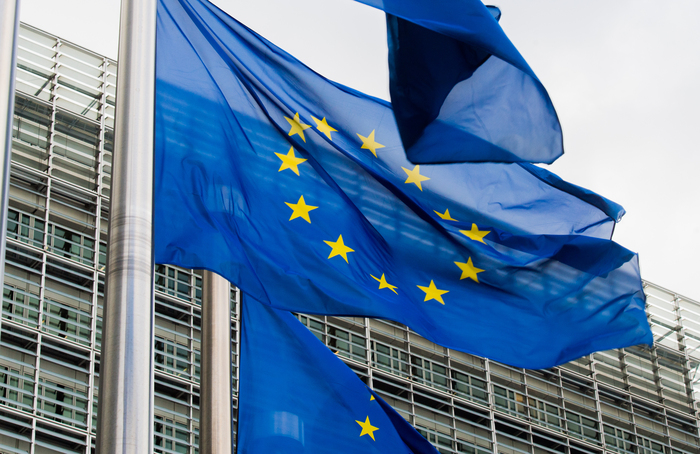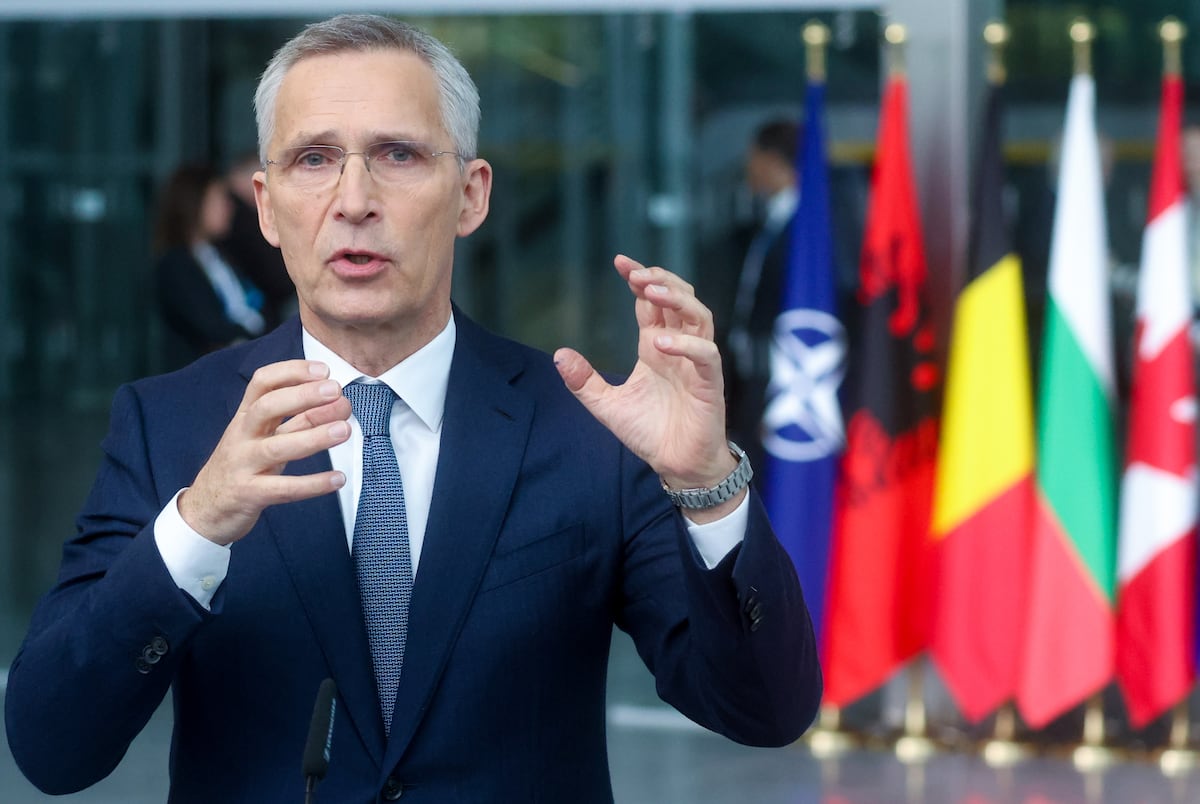In early May, a group of EU states launched an initiative to promote qualified majority voting – and no longer unanimity – in the European Common Foreign and Security Policy. The document, promoted by Germany, sees among the signatories France, Italy, Spain, Luxembourg, Belgium, Holland, Finland, Slovenia.
Finally, Romania has joined the group, while Denmark is part of it with the role of observer, the same path that Ireland will soon take. Sweden, on the other hand, should be a full member once its six-month presidency is over. A qualified majority is reached when 15 out of 27 member states vote in favour, provided that they represent more than 65% of the total EU population.
"The goal is to improve the effectiveness and speed of decision-making. Against the backdrop of Russia's war of aggression and growing international challenges, we are convinced that EU foreign policy needs proper processes to strengthen the EU as a foreign policy actor," reads the document of the Friends group. In opposition, however, a coalition of countries has formed in favor of maintaining unanimity. These include Poland, Cyprus, Greece, Bulgaria, Croatia, Malta, the Czech Republic, Austria and Hungary.
Changing geopolitical situation requires greater speed
German Foreign Minister Annalena Baerbock stressed that the group is not proposing a revolution, but an assessment of what could be done with unchanged treaties to make the EU's foreign and security policy more effective. The European Treaties, under the so-called 'passerelle clauses', allow for the transition from unanimity to qualified majority decision-making in certain areas, including sanctions.
German Chancellor Olaf Scholz believes changes to EU voting procedures are inevitable. It should not be possible for a single member state to stop everything, Scholz told German media. In a European speech at the plenary of the European Parliament in Strasbourg, the chancellor also spoke about the need for reform within the EU, in view of future enlargements, arguing that majority voting should be extended to more decisions.
The Spanish Prime Minister, Pedro Sánchez, expressed the same line during the celebration of Europe Day, on 9 May. "We must definitely opt for qualified majority voting - explained the prime minister - so we must be consistent. If we are moving towards an EU of more than 30 countries, we will have to change the way we decide the policies to be implemented."
On board, but with caution
For now, Slovenia is part of the Group of Friends "to keep an eye on what is happening," Slovenian Secretary of State for Foreign Affairs Samuel Žbogar said on Monday. "As a small country, we want to state what our problems might be and make it clear that we need certain guarantees that our interests will be taken into account," he added.
"More efficient decision-making, through the use of qualified majority voting, would give the EU the ability to act quickly and have an impact," Romanian Foreign Minister Bogdan Aurescu explained. At the same time, he stressed, it remains important for Bucharest that the necessary mechanisms are guaranteed to safeguard national interests.
"We have not talked about changing the treaties, Germany wanted to open a debate on the use of qualified majority votes provided for by the treaty but it is obvious that decisions will have to be taken all together," said the Italian Minister of Foreign Affairs, Antonio Tajani, who said he was "personally" in favor of qualified majority voting (in foreign policy, ed), but, he warned, "this is not the time to address the issue, if anything after the end of the Ukrainian crisis and after we have concluded the enlargement to the Balkans".
Preserving the veto
On the other hand, Poland and Hungary lead the group of states in favour of maintaining unanimity in foreign policy decisions. Hungarian Foreign Minister Péter Szijjártó expressed "concern about the debate on qualified majority voting in EU foreign policy, noting the importance of maintaining the unanimity requirement to protect national interests".
His Polish counterpart Zbigniew Rau underlined the "strong tendency on the part of German neighbours (...)" to argue that "issues that are currently subject to a unanimous vote should be decided by majority, tax issues, for example, and, above all for us, those relating to security and foreign policy. We, as Poland, cannot agree on this."
A resounding no to the German initiative also comes from Zagreb. Unanimity, explained the Croatian head of foreign affairs, Gordan Grlić Radman, is the only mechanism that guarantees the equality of smaller states. "This does not mean that Croatia is not in favor of EU unity. On the contrary, so far we have never blocked any decision and have always been a constructive collaborator."
Bulgaria hangs in the balance, which for now is in favor of unanimity. A position that, noted interim Foreign Minister Ivan Kondov, could change with the new government, led by former European Commissioner Mariya Gabriel. Since joining the EU, Sofia has vetoed North Macedonia's accession negotiations only once, last year.
Majority or unanimity? The debate seen by the EU candidate countries
The debate has also extended to the EU candidate countries. From Sarajevo, the Secretary General of the European Movement in Bosnia and Herzegovina, Haris Plakalo, believes that changing the voting rules will not affect the country much. "We do not have to worry, nor can we, when it comes to changing the approach to decision-making on foreign policy in the Council of the EU - he explained - because the enlargement of the EU to the Western Balkans is defined and determined by many documents, strategies and outlined as one of the important tasks of the EU".
From Belgrade Nemanja Todorović Štiplija of the tink tank European Western Balkans explained that the debate on unanimity "has been going on for years, but there are no signs of its resolution soon. It is true that it is linked to the issue of enlargement (...), but the greatest importance is given by the situations we are witnessing at the moment: Hungary's opposition to certain decisions in the context of the common foreign and security policy".
Strong in diversity?
In contrast to its historic position in favor of majority voting, Austria. The chancellor, Karl Nehammer, said he was against centralism in the EU, saying that the fight for consensus had been difficult, but that it ensured democracy and diversity.
Austrian Foreign Minister Alexander Schallenberg also expressed skepticism about the proposal, arguing that qualified majority voting is not a panacea. "Only political will is the key to success, the struggle for compromise is the essence of the EU. And once agreements are reached, they are supported by everyone. This is a special value, especially in times of volatility like the ones we are experiencing."
The group of friends said it wanted to coordinate with the EU institutions and work closely with all member states, inviting other countries to join its reform campaign. If a simple majority of EU countries – 14 out of 27 member states – voted to start a process of reforming the EU treaties, negotiations could begin.
This article has been produced with contributions from ANSA, AFP, Agerpres, APA, BTA, dpa, EFE, FENA, HINA, STA and Tanjug as part of the European Newsroom project.




/cloudfront-eu-central-1.images.arcpublishing.com/prisa/AGFCBDDJJTOOUXDHZW55LU7HYE.jpg)




